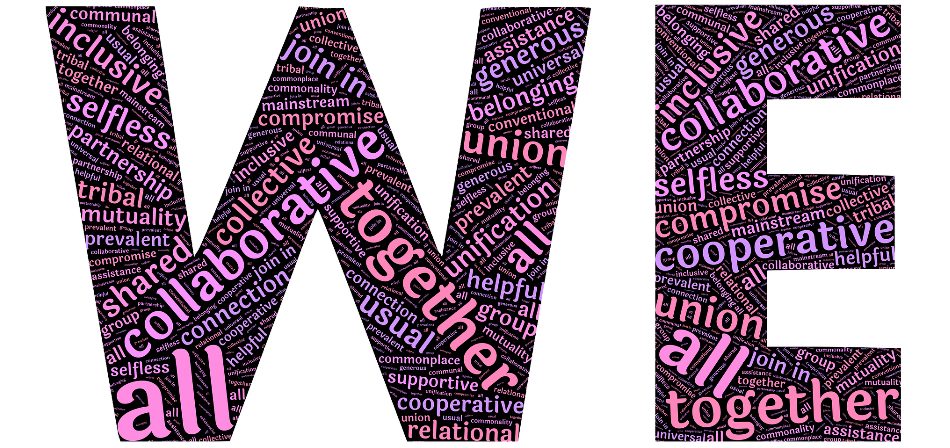Safeguarding: CAS VCSE Safeguarding peer support network
Join our Safeguarding network.
Learn from peers, meet invited experts, stay up to date and build relationships with colleagues in the safeguarding community in a safe, supportive space. The Network is free to join.
The network is open to anyone who is interested in keeping people safe from harm. You do not have to be an expert or a ‘Professional’ or a Safeguarding Lead for your group or organisation to join; although if you are you will find a warm welcome. If you want to learn more about how to keep people safe then you are very welcome to join.
We look forward to meeting you.

Benefits of joining the Safeguarding network
- Quarterly network newsletter
- Priority notification of safeguarding training, events and conferences
- Training updates
- Bi-monthly Peer Support network session
- Build relationships and support
- Contribute to our online community
Abuse is not normal. Communities have a part to play in preventing, detecting and reporting neglect, abuse and exploitation and other criminal behaviour such as scamming. We ask you to join us, and with our colleagues from the Police, Suffolk Health Services, Suffolk County Council, to prevent abuse from happening, protect those being abused and take action.
You have a safeguarding responsibility to the staff and volunteers that work with your organisation as well as to any children, young people, families and/or adults at risk of abuse that you work with.
Sign up to join the VCSE Safeguarding network
‘Safeguarding should be a governance priority for all charities‘, Charity Commission 2018
“Trustees should ensure their charity provides a safe environment and protects staff, volunteers, and anyone who comes into contact with it from abuse or maltreatment of any kind”.
‘Trustees should take steps to ensure no one who comes into contact with their charity suffers distress or harm, as well as safeguarding children and adults at risk, says regulator of charities’.
Charity Commission, 2018